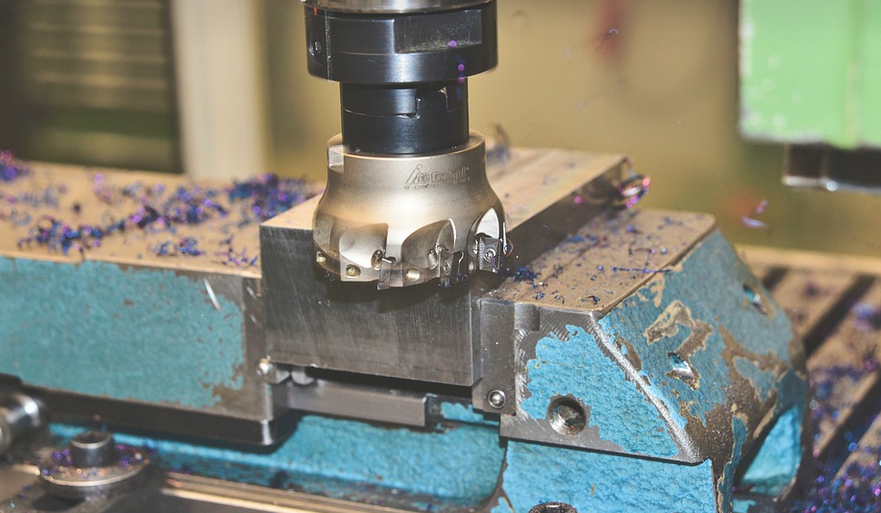A Modern Marvel Gone Awry
Ah, the dishwasher. A modern marvel that promises to effortlessly clean our dishes while we go about our day. Yet, sometimes, this trusty appliance can become a frustrating source of stress when it refuses to drain properly. Whether you’re a seasoned homeowner or just got your hands on a brand-new dishwasher, facing a drainage issue can be a real drag. But don’t despair! This guide offers practical tips and troubleshooting steps to help you get your dishwasher flowing smoothly once again.
Getting Started: The Basics of Dishwasher Drainage
Before we dive into the technicalities, let’s briefly understand how dishwashers work their magic. A typical dishwasher uses a pump and impeller system to effectively move water through different stages of the cleaning process. This intricate plumbing marvel relies on gravity, motor-powered pumps, and the force of air to move dirty dishes from the loading area to the wash basin. Now, when it comes to drainage, this entire system is designed to ensure a smooth flow of wastewater out of your dishwasher.
But what happens if things get backed up? Many factors can cause a drainage problem, ranging from minor clogs to more serious mechanical issues. The good news is that most straightforward problems can be solved with some basic troubleshooting and self-care.
Potential Causes of Dishwasher Drainage Problems
Let’s explore the common culprits behind a stubborn dishwasher drain clog:
- Clogged Drain Hose: The first line of defense against drainage woes is often the culprit itself – the hose connecting your dishwasher to the sink.
- Dish Debris: Even if you’ve meticulously prepped your dishes, dried-on food particles can get lodged in the drain filter or even the pump impeller.
- Debris from Other Appliances: Sometimes, wastewater from the dishwasher might back up and cause a clog in other appliances. For example, if your dishwasher’s drain hose is connected to a sink drainage system that uses an overflow valve.
- Clogged Garbage Disposal: Though not directly related to the drain of the dishwasher itself, if your garbage disposal struggles with clogs, it can create back pressure on the dishwasher pipes.
The Steps for Success: Troubleshooting Your Dishwasher
Now that you know what might be causing the problem, let’s put our detective skills to work and conquer this issue. Take a look at these steps:
- Remove the Filter: A common culprit is a clogged dishwashing filter or pump outlet. Take it out and check for debris. Be sure to wash it thoroughly with soap and water, removing any stubborn bits.
- Check the Seal: Ensure there’s adequate sealing between your dishwasher’s door and the cabinet to prevent any potential leaks during the drain process. A tight seal will ensure proper drainage.
- Run a Cycle: This one’s simple. Run a short cycle with just hot water, allowing it to help flush out any accumulated debris or blocked pipes. Always check the manual for recommended cycle settings.
When Professional Help is Necessary
While many common drainage issues can be tackled with basic maintenance and troubleshooting, there are times when you need professional intervention. If these steps don’t resolve your problem, it’s best to consult a qualified appliance technician. They possess the expertise and specialized tools to identify and address more complex drain clogs or mechanical issues.
Remember, seeking expert help is not a sign of defeat; it’s an investment in your dishwasher’s long-term health and efficiency. Don’t hesitate to reach out if you encounter a stubborn issue that seems beyond your capabilities.
Preventative Measures for the Future
While troubleshooting may be necessary, preventive measures will ensure you’ll never face this problem again!
- Regular Maintenance: Clean your dishwasher filter and impeller regularly to prevent debris from accumulating. This simple act can save you a lot of trouble in the long run.
- Proper Dishwashing Habits: Always pre-rinse dishes before loading them into the dishwasher, remove large food particles and wash away any remaining residue left behind after rinsing. This will significantly reduce the likelihood of clogging issues.
- Regular Drain Checks: Periodically check your dishwasher’s drain hose for blockages or debris that could be causing a slow drainage.
Conclusion: The Clean Kitchen Promise
A functioning dishwasher is a dream-come-true for many of us! By taking proactive steps to understand its operation and troubleshoot potential issues, you’ll not only save yourself time and frustration but also extend the lifespan of your appliance. So embrace the joy of a clean kitchen, knowing that your dishwasher is ready to meet your culinary needs for years to come!
